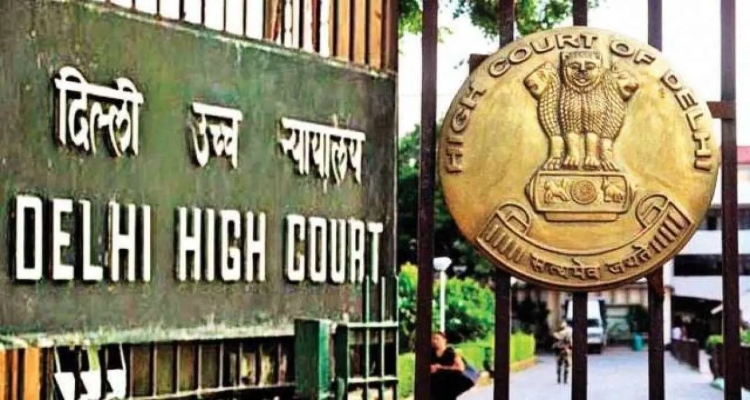
The Delhi High Court recently remarked that “sextortion” constitutes a “significant social menace” and represents a “profound violation of privacy” as it refused anticipatory bail to three men accused in such a case.
The Judge
Justice Amit Mahajan stated, “It (sextortion) involves the exploitation of obtained intimate images and videos to extort money or favors from victims, often leading to severe psychological trauma. This cyber-enabled crime not only undermines individual dignity but also poses serious challenges to law enforcement due to its clandestine and cross-jurisdictional nature.”
The High Court made these observations while denying anticipatory bail to three men accused of extorting Rs 16 lakh from a man in an alleged sextortion case. The complainant alleged that in October 2022, he received a WhatsApp video call from an unknown woman who insisted on a private video call, which she later recorded.
The Case
According to the man, he subsequently received numerous calls from different mobile numbers, with the callers identifying themselves as police officers or YouTube employees. They allegedly extorted a total of Rs 16 lakh under the pretext of removing the video from YouTube, Facebook, and Instagram. Threatening him with false accusations in the fabricated murder case of the woman in the video, they demanded payment to “settle the matter with her family.”
The applicants, the three accused men, contended that they were falsely implicated based on the disclosure statements of co-accused individuals and that there was no incriminating evidence against them. They asserted that they had “no connection with the complainant and did not benefit from the alleged cheated amount.”
In contrast, the prosecution opposed their bail pleas, arguing that the allegations against them were serious and that all the accused were “active members of an organized crime syndicate engaged in sextortion.”
Rejecting the anticipatory bail petitions, the High Court observed that the investigation had “revealed multiple complaints, indicating the habitual engagement of the accused in such criminal activities.”
The court noted that the material presented by the prosecution established a “prima facie involvement of the applicants,” and the “evidence, including digital records and communication,” linked the applicants to the alleged offense.
“Given the pattern of conduct and the serious implications of the offenses as alleged, there is justified concern regarding the applicants’ potential influence over the evidence and the possibility of committing similar offenses if not detained,” the High Court emphasized.
Justice Mahajan remarked that the “scale of operation, at this stage, seems to be humongous” and dismantling such a “complex modus operandi” requires thorough investigation and custodial interrogation, which “ought not to be curtailed by passing an order” under Section 438 of the CrPC (for pre-arrest bail).
After reviewing the police’s status report, the court stated that it cannot be concluded at this stage that the investigation is being conducted with the “intention to injure or humiliate” the applicants. It also noted that the “nature and gravity of the allegations are serious,” and specific allegations had been made that the applicants had engaged in “similar offenses on earlier occasions.”
While acknowledging that disclosure statements of co-accused individuals are inadmissible as evidence unless corroborated by supporting evidence, the High Court stated that “no reason has been indicated” as to why the co-accused individuals arrested in the present case would unnecessarily try to implicate the three men.
“Considering the above, and the nature of the offense, no ground for grant of anticipatory bail to the applicants is made out,” the High Court concluded, clarifying that its observations should not influence the trial’s outcome and should not be construed as an opinion on the merits.




